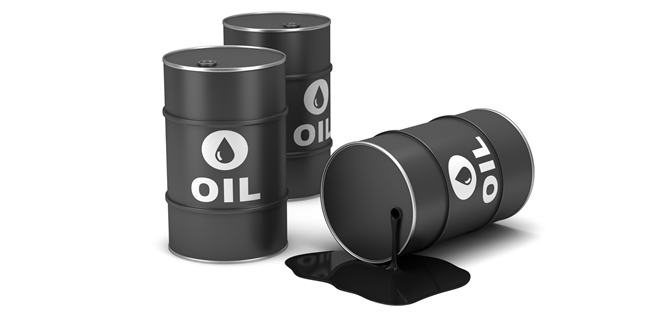By Jeph Ajobaju, Chief Copy Editor
Oil theft in Nigeria – a thriving informal sector which employs 500,000 in the Deep South – deprived the treasury of $1.35 billion between January and June this year alone, using official figures which may be far less than actual stolen crude.
“The governance structure of the pipeline(s) is such today that no one is held accountable … when these losses occur,” said the report of a committee chaired by Edo State Governor, Godwin Obaseki.
Oil theft has replaced bloody militancy in the Niger Delta, where insurgents have not stopped oil operations since 2016. They see stealing as safe and lucrative, without having to lose lives and limbs in uprisings.
The Nigerian National Petroleum Corporation (NNPC) had earlier confirmed that the four primary pipelines lost 22.5 million barrels of oil in the first six months of this year – roughly 6 per cent of nearly 2 million barrels per day (bpd) output.
This amounts to more than 120,000 bpd, or roughly 6 per cent of total production.
Nigeria’s plan to increase output to 4 million may also translate into more stolen crude.
Tackling oil theft requires a “holistic approach,” former Oil Minister Emmanuel Kachikwu said in May.
“Oil theft is rife because there is an economic gain to be made from it. So we want to shut those illegal gains by creating positive and legal economic opportunities,” he added.
Panel advocates special action
The National Economic Council on Crude Oil Theft, Prevention and Control committee headed by Obaseki investigated theft from the kilometres of pipelines that wind through the swampy Niger Delta full of oil.
It warned that the 22 million barrels stolen could double by December 2109 if Abuja fails to take special action combat the theft.
It recommended a legal task force, with dedicated courts, prosecution teams, and specially trained judges, as well as the restructuring of oil pipeline maintenance and ownership.
The committee cited a lack of fuel stations in most of the oil communities in the Niger Delta, which it says makes them resort to oil theft and illegal refining.
The recommendations are now on the desk of President Muhammadu Buhari, who oversees the Petroleum Ministry and set up the committee.
Losses can fund budget deficit
Nigeria depends on oil for 70 per cent of government revenue and 90 per cent of foreign exchange earnings.
According to the NNPC, there were 106 incidents of pipeline vandalism in June, a rise of 77 per cent compared with 60 incidents in May.
Many of the breaches are points where thieves can siphon off oil and either sell it illegally or refine it in artisanal refineries often little more than drums boiling oil into rudimentary fuels.
Saboteurs, including thieves, caused an 80 per cent increase in the number of spills in 2018, Royal Dutch Shell, the largest oil producer in Nigeria, said in a report in May this year.
The disruptions underscore how hard it will be for Nigeria to fully rid itself of security challenges that have plagued the nation for decades.
Overseas crude shipments represent by far its largest source of export income, with about $43.6 billion of sales last year, according to ITC Trade Map, a venture between the World Trade Organsation (WTO) and the United Nations (UN).
“Oil theft is a severe drain on Nigeria’s revenue,” said Cheta Nwanze, the head of research at SBM Intelligence, a consultancy based in Lagos. “The losses to theft could easily fund Nigeria’s budget deficit.”
Stealing safer than militancy?
However, theft is probably more palatable to Nigeria and oil companies than attacks by militants.
About 120,000 barrels are being taken out of pipelines per day, but militancy halted at least eight times that amount at one stage in 2016.
Ledum Mitee, a lawyer and minority rights activist, said the increase reflects a belief among local communities that multinationals do not really own the barrels in the first place.
“They believe the oil is theirs and the government is the thief. People now realise that instead of just cutting pipelines to spite the government, they can make money out of it,” he explained.













